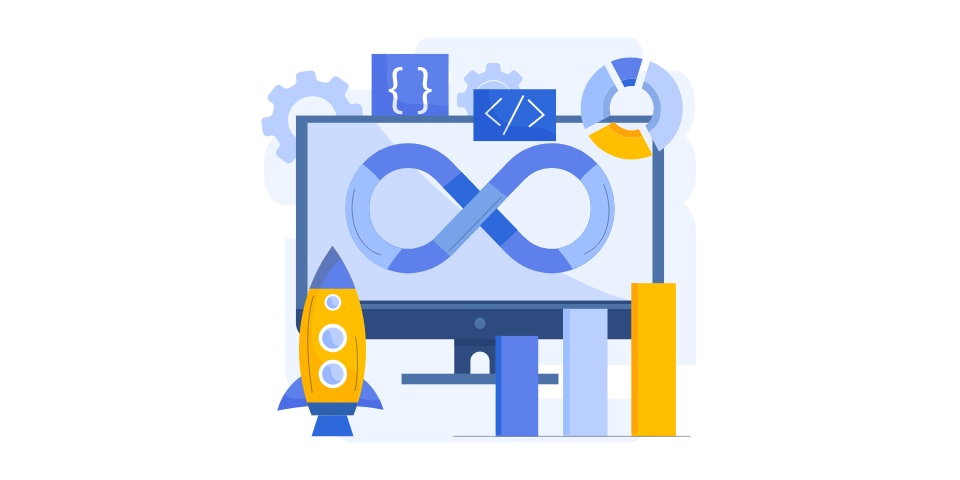Proprietary vs. Open Source: Key Differences
The main difference between proprietary vs. open source is ownership.
Proprietary refers to software that is owned by the individual or comapny who published it.
Open source refers to software that is available for anyone to access or change the code.
Flexibility
Open source offers more flexibility to users, which can accelerate innovation.
Proprietary software is less flexible and often comes with restrictions.
Maintenance
Open source is developed and maintained by developers and a community.
Proprietary software is developed and maintained by the group who published it.
Support
Many people in the business world prefer to use proprietary software instead of open source software. This is due to the misconception that proprietary software is better supported than open source software.
After several years of supporting both open source software and proprietary software, it becomes clearly evident that just because you pay for proprietary software does not mean that supporting that software is any easier. In fact, there are plenty of reasons why supporting open source software is actually easier.
Examples of Proprietary vs. Open Source Software
| Proprietary Software | Open Source Software |
| Red Hat Enterprise Linux (RHEL) | CentOS |
| Oracle JDK | OpenJDK |
| Oracle WebLogic | Apache Tomcat |
Is Open Source Better Than Proprietary?
Open source is better than proprietary software in many ways. One of the biggest ones is flexibility. And open source software can be just as supported as proprietary.
Problems with Support For Proprietary Software
A set of steps that can be taken to resolve a proprietary software support issue.
1. Work With a System Administrator
First, you would have a system administrator consult the software documentation to learn more about the issue at hand to find a solution to the problem.
2. Figure Out a Next Step
If the administrator cannot resolve the issue with the use of documentation, then do one of the following:
- If you have business-level or production-level support from the software vendor, open a support ticket with them at this time.
- If one is available, post your issue on the online community for the product (forums, mailing lists, wikis, etc.).
- Seek out another existing employee who might know how to solve the issue.
- Contract a third-party expert to help fix this issue.
- If the issue is actually a bug with the software itself, issue a bug report to the vendor.
Why Open Source With Support Is Better
Believe it or not, the general steps to handling an issue with open source software line up almost identical to the steps above. At times it’s actually easier to deal with a bug fix for open source than it is for proprietary software. In open source, bugs are typically submitted to an online issue tracking system, which is public to any user. For simple everyday support issues there really isn’t much difference between open source support and proprietary software support.
What about when complex errors occur?
For example, you may not be able to find anyone else from the online community that has experienced the issue. And nothing is popping up when typing the error messages into Google. In this case, the issue could be related to your data and specific use of the software. This would explain why no other users have experienced the same issue.
So what are you to do when there is no answer online and you’re having an issue with the software? And now here lies one of the great benefits of open source: you have access to crack open the black box and see what is inside.
A skilled software developer has access to the actual source code that makes up the open source project — unlike if the issue was occurring within proprietary software. The developer will be able to debug the issue by crawling through the code rather than waiting for assistance from outsourced tech support or vendor support.
Sometimes the issue can be majorly complex, and crawling through the source code is often the only way to truly diagnose the problem. When/if the issue is identified as a bug in the software, a skilled developer or contracted third-party expert can rebuild the software with a self-made fix for this issue — no vendor interaction required.
Conclusions
Proprietary software support issues can be black boxed. Generally, the larger the supplier, the more difficult it is to get a fix.
The beauty of open source support is that whether you’re solving a problem by hiring a third-party open source software expert or using an existing employee, you always have complete control over your support needs.
Source: Proprietary vs. Open Source


